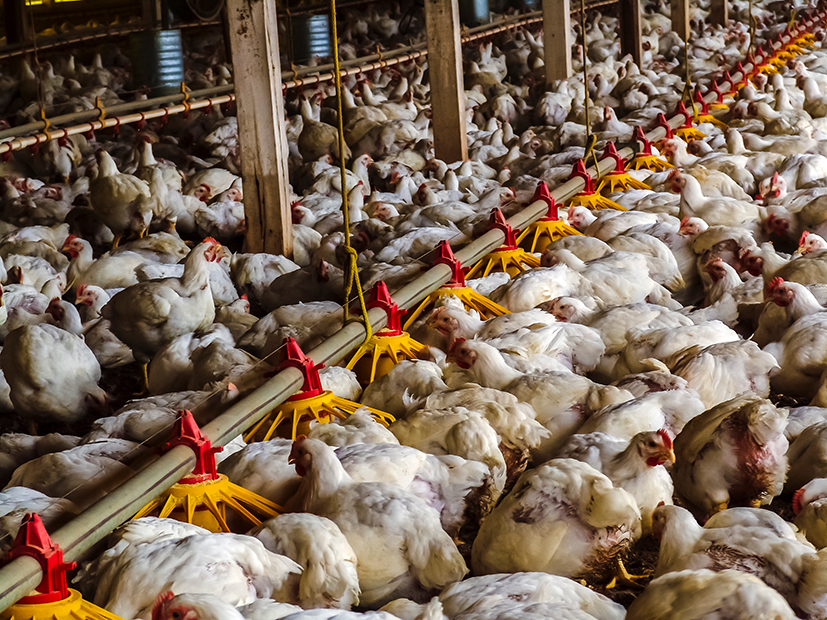A new case of highly pathogenic avian influenza (H5N1) has been confirmed at a small poultry farm near Ravensthorpe, West Yorkshire, raising fresh concerns for the sector just weeks after national housing measures were lifted.
The affected farm, which sold eggs and poultry products directly to consumers, housed approximately 60 chickens, 20 ducks, and five geese. All birds on site are being culled, and the Department for Environment, Food and Rural Affairs (Defra) has implemented a 3 km protection zone and a 10 km surveillance zone to contain the spread.
While the mandatory housing order for birds in England was lifted in May, strict biosecurity requirements under the Avian Influenza Prevention Zone (AIPZ) remain in force across England, Scotland and Wales. This incident highlights the ongoing risk and the need for vigilance, particularly for producers operating mixed flocks or selling directly to the public.
The outbreak also arrives as pressure mounts on UK legislators to fast-track legislation for gene editing in farmed animals. A cross-party parliamentary group has called for urgent implementation of provisions under the Genetic Technology (Precision Breeding) Act 2023, citing bird flu as a growing threat that could be mitigated through advanced breeding techniques.
With commercial losses, movement restrictions, and reputational risks at stake, producers and agri-supply chains are advised to reassess contingency plans and biosecurity protocols.



